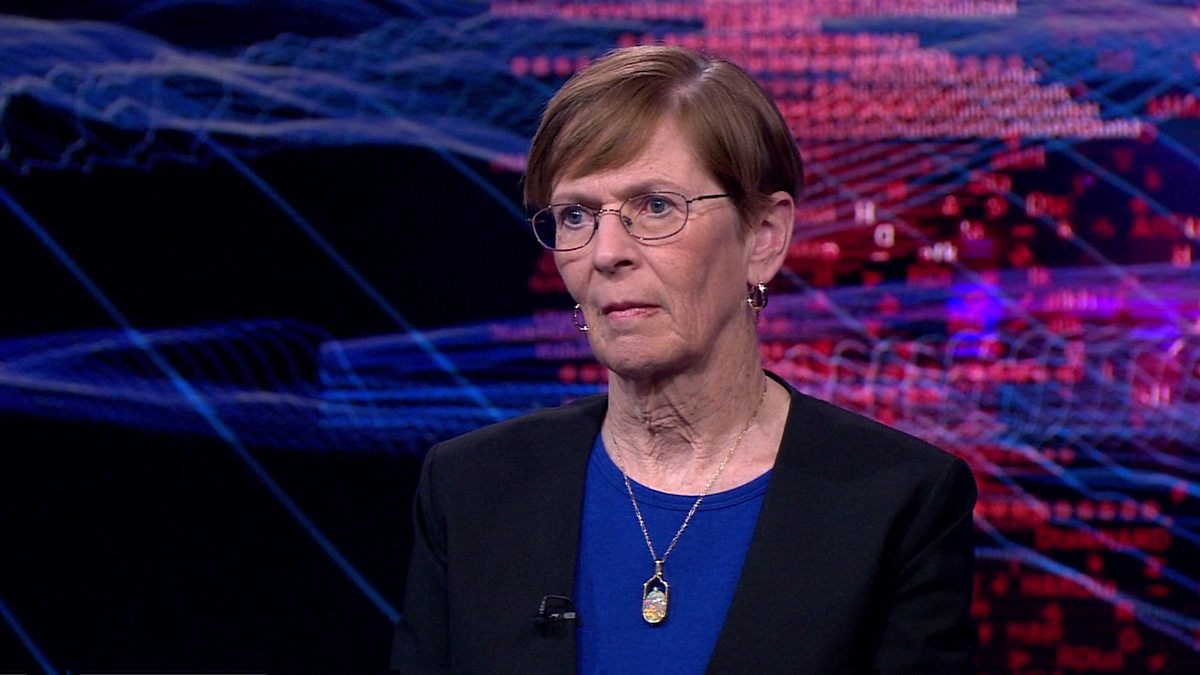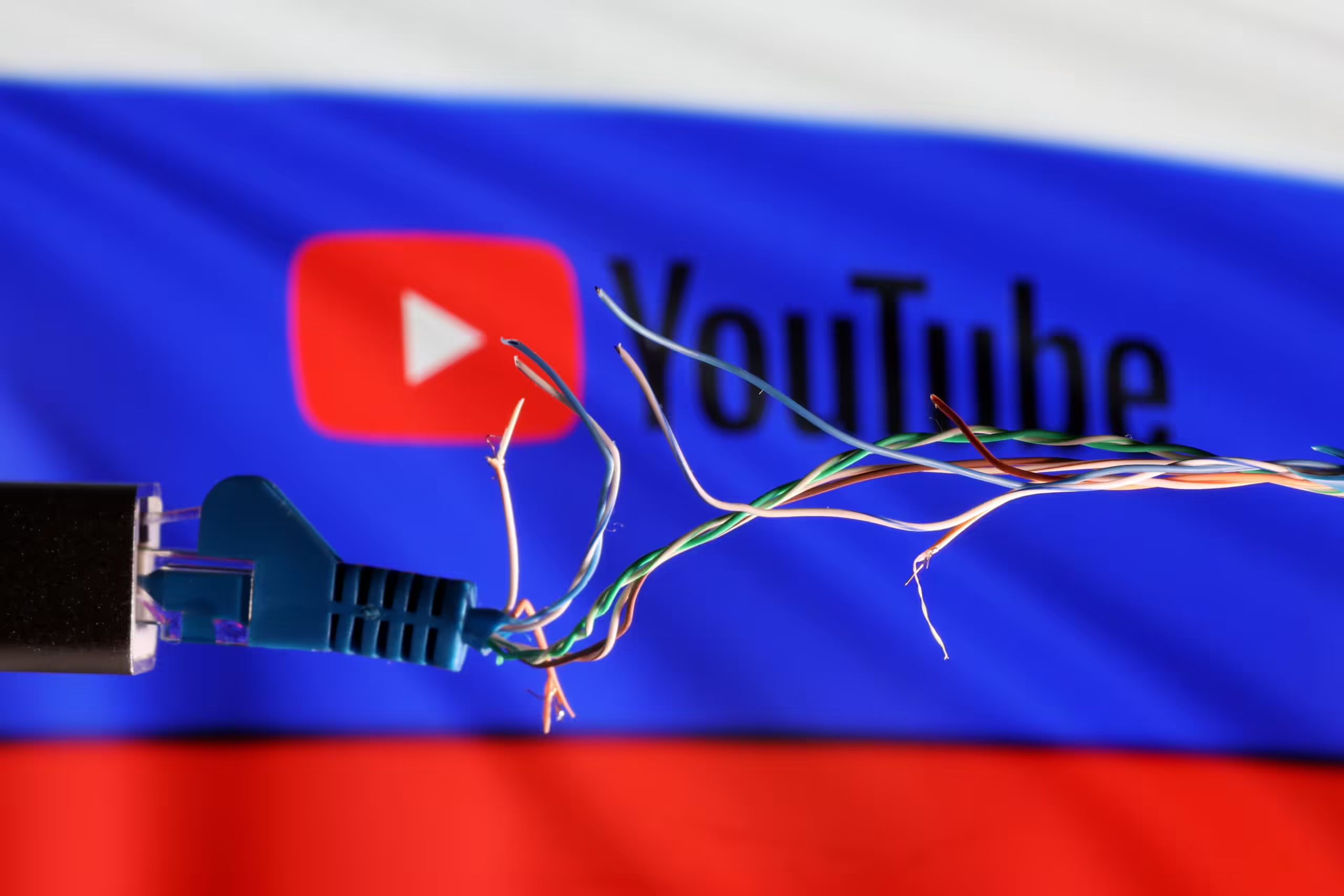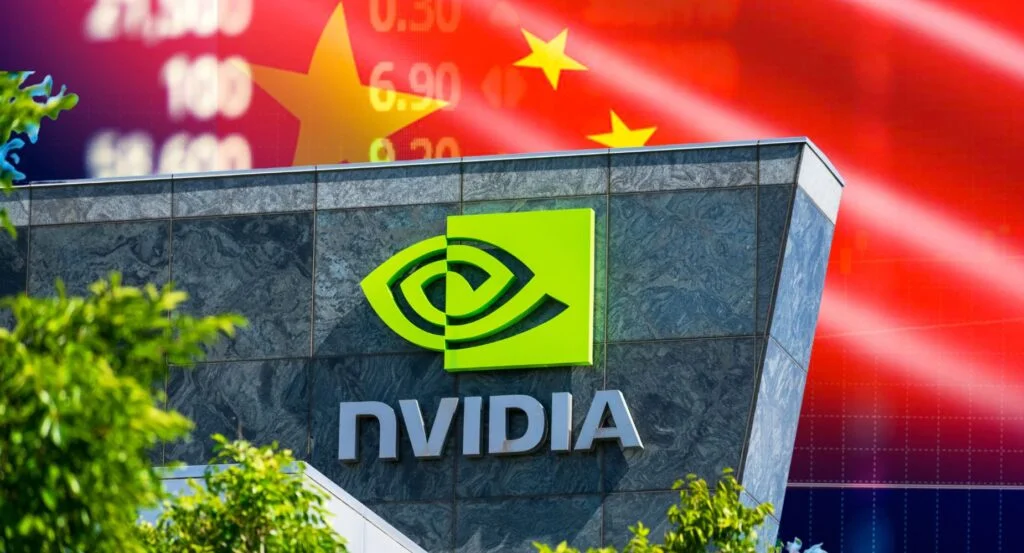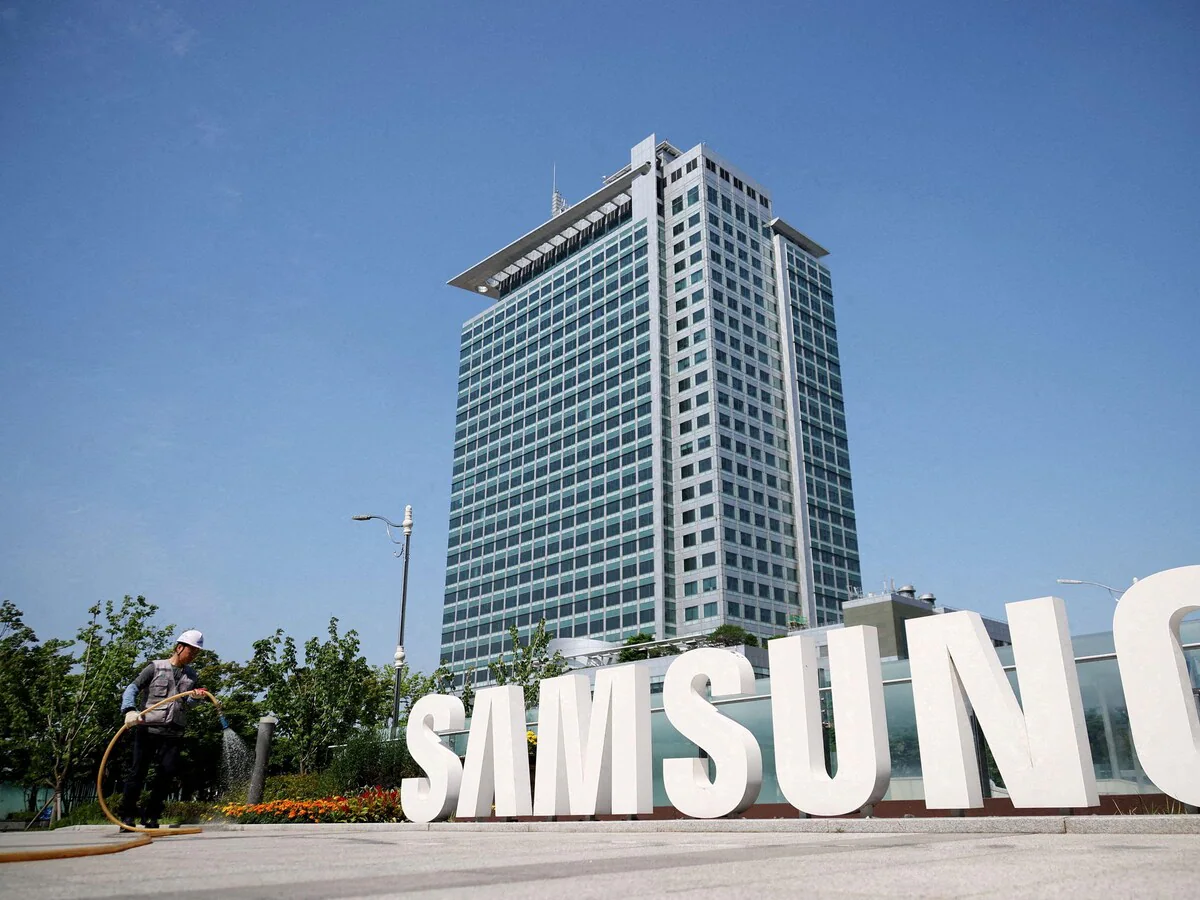According to a key Russian rights group, YouTube has threatened to limit access to one of its video channels broadcasting news on the Ukraine conflict in Russia
An independent protest monitoring network, OVD-Info, reported receiving an email from YouTube in early May informing it that content on the channel had been discovered to contravene an information technology law by the Russian communications regulator Roskomnadzor.

Alphabet Inc. (GOOGL) opens a new tab. YouTube wrote, “Google may be required to block the content if the content is not removed,” according to screenshots of the email shared with Reuters. It was not specified in the email which provision of the law OVD-Info was alleged to have violated.
Kak Teper (What’s Going On), a channel with one hundred thousand subscribers, frequently covers the conflict in its political news segments and interviews with Russian opposition figures.
Dmitrii Anisimov, a spokesperson for OVD-Info, stated, “We are consulting with YouTube and Google and attempting to explain that the demand to block our channel constitutes an act of political censorship.” He stated that the other YouTube channel for the group was unaffected.

When Reuters contacted YouTube twice regarding discussions with OVD-Info, a YouTube spokesperson still needed to respond, the spokesperson responded to inquiries regarding three additional opposition channels whose videos were blocked.
In response to Russia’s invasion of Ukraine, Google, like many other Western technology companies, withdrew its personnel and halted all advertising sales, including on YouTube.
While Russia has implemented restrictions on most foreign social media platforms, it has refrained from blocking YouTube despite multiple fines imposed on the video-hosting platform for failing to remove content that Moscow considers unlawful.
Russia is home to tens of millions of monthly YouTube users; therefore, blocking the entire platform would be highly controversial.
On Monday, independent Russian media outlets reported that YouTube had removed instructional videos from three additional channels that detailed how to avoid Russian military service.
Two organizations informed Reuters that their content was reinstated the day following the media reports.
The YouTube representative contacted us regarding the videos and emailed: “The contested content has been reinstated on YouTube,” without further details.
As opposed to just a few videos, OVD-Info’s Kak Teper would be the first Russian human rights channel to be banned on YouTube, according to Natalia Krapiva, tech legal counsel at Access Now, a global digital rights non-profit.

“If the entirety of civil society is blocked from YouTube, there will be no more YouTube to fight for,” Krapiva said in a telephone interview.



